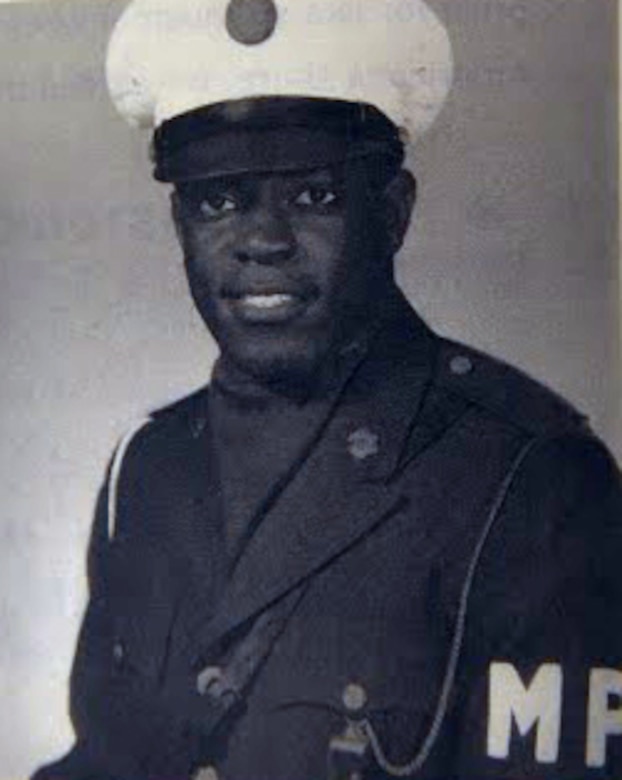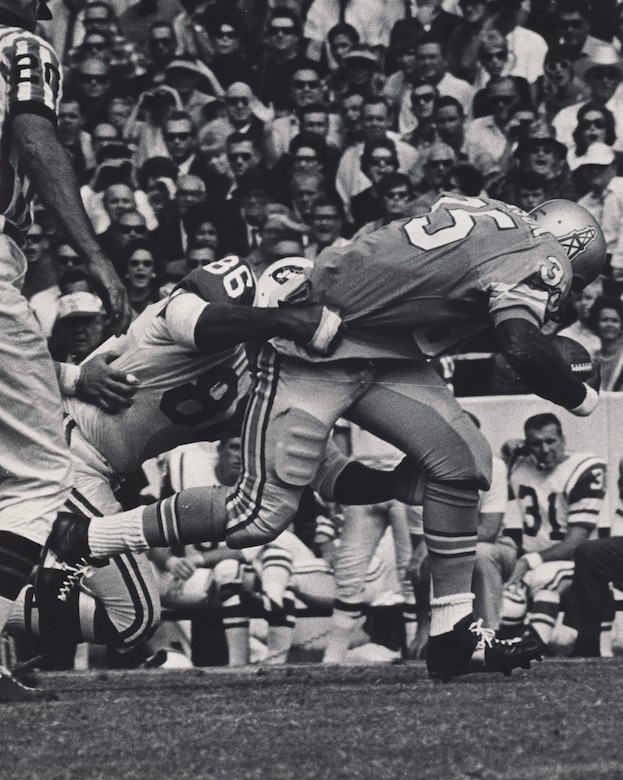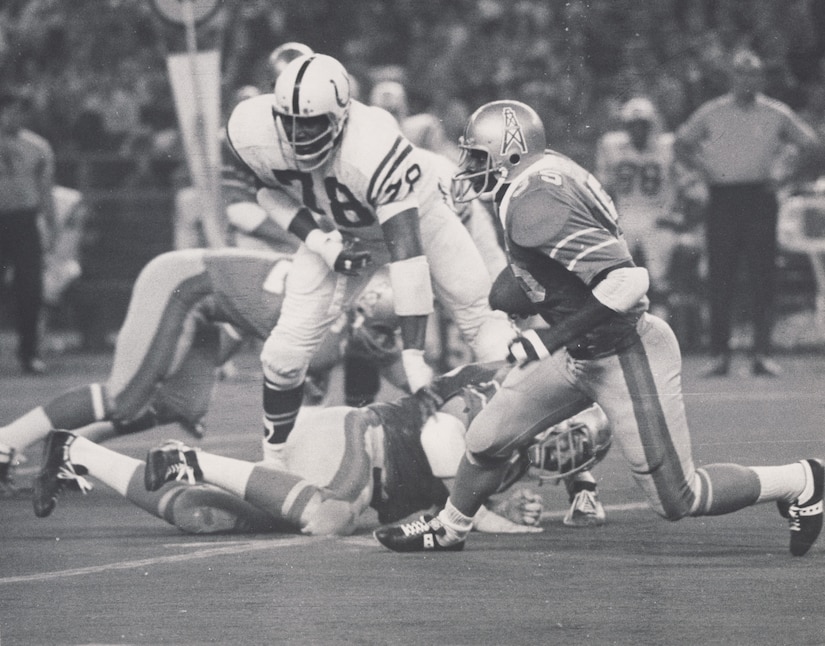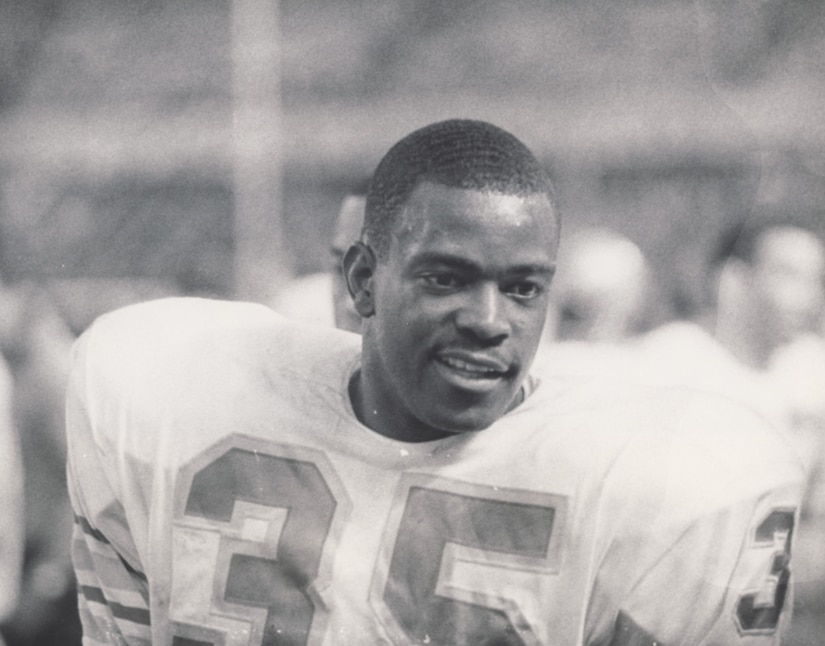Woody Campbell played for the Houston Oilers as a running back in the American Football League and was an AFL All-Star in 1967. He also played in the National Football League from 1967 to 1969 and 1970 to 1971. The Oilers are now the Tennessee Titans.
Campbell was one of only a handful of NFL players who, at the time, served in the military.

In 1969, Campbell deployed to South Vietnam and was a military policeman with the 1st Infantry Division.
His duties included patrolling Highway 13, which stretched from what was then Saigon, the South Vietnamese capital, north to Cambodia. His mode of travel was a quarter-ton M151 jeep.
The primary section of road he patrolled was located in Binh Duong province, nicknamed the Iron Triangle because it was under near constant attack due to its proximity to the capital.

Campbell said he recalled seeing the effects of a mine explosion on a 5-ton truck and its occupants. In his 2018 book, ''IOU: A Candid Look at the Plight of American Veterans,'' he writes that after seeing the wreckage of the large truck, ''I knew there was little chance of surviving in a small jeep as we moved along the road.''
On another occasion, Campbell said three MPs from his company were ambushed and killed in their jeep on Highway 13.
Besides patrolling Highway 13, Campbell was tasked with sometimes visiting the mobile army surgical hospital, or MASH unit, at Lai Khe Base Camp. His responsibility there was to provide the names of accident victims or those killed by the enemy. He wrote in his book that while there he ''witnessed the mangled and destroyed bodies of our soldiers and enemy soldiers as they lay dying or near death from encounters in the battlefield.''

Upon returning to California to out-process from the Army in 1970, Campbell said he and others did not receive a hero's welcome. Most, he said, decided to shed their uniforms for civilian clothes during and before the out-processing.
''The reason we did that was to avoid large crowds who were waiting [to] spit on returning Vietnam veterans,'' he said. ''Fresh out of combat and still in that mindset, many of us who were familiar with what was awaiting us chose to wear civilian clothing, not out of fear but to keep from harming those doing the spitting.''
Campbell said he looked forward to getting his life back to normal and resuming his football career.
Then, about five years after his return to the states, Campbell said the nightmares and sleep disorder began. That's when he said he knew he had post-traumatic stress disorder.

It wasn't a single incident that sparked it, he said, rather it was an accumulation of all of his experiences in Vietnam. He also began getting illnesses due, he thought, to Agent Orange, a toxic chemical used in Vietnam to destroy vegetation.
Campbell sought help and counseling in what then was then called the Veterans Administration. He said it was a long and painful experience for him and others, and he said he's still on the journey.
After his football career, Campbell became the first Black sportscaster in Houston, Texas. He also enjoyed a successful career as a mid-level manager in companies that included Control Data, Digital, Compaq, IBM, as well as the University of Texas M.D. Anderson Cancer Center.
He's also a motivational speaker and aspires to help others as they seek to grow, he wrote in his 2008 book, ''Fade to Black.''









No comments:
Post a Comment